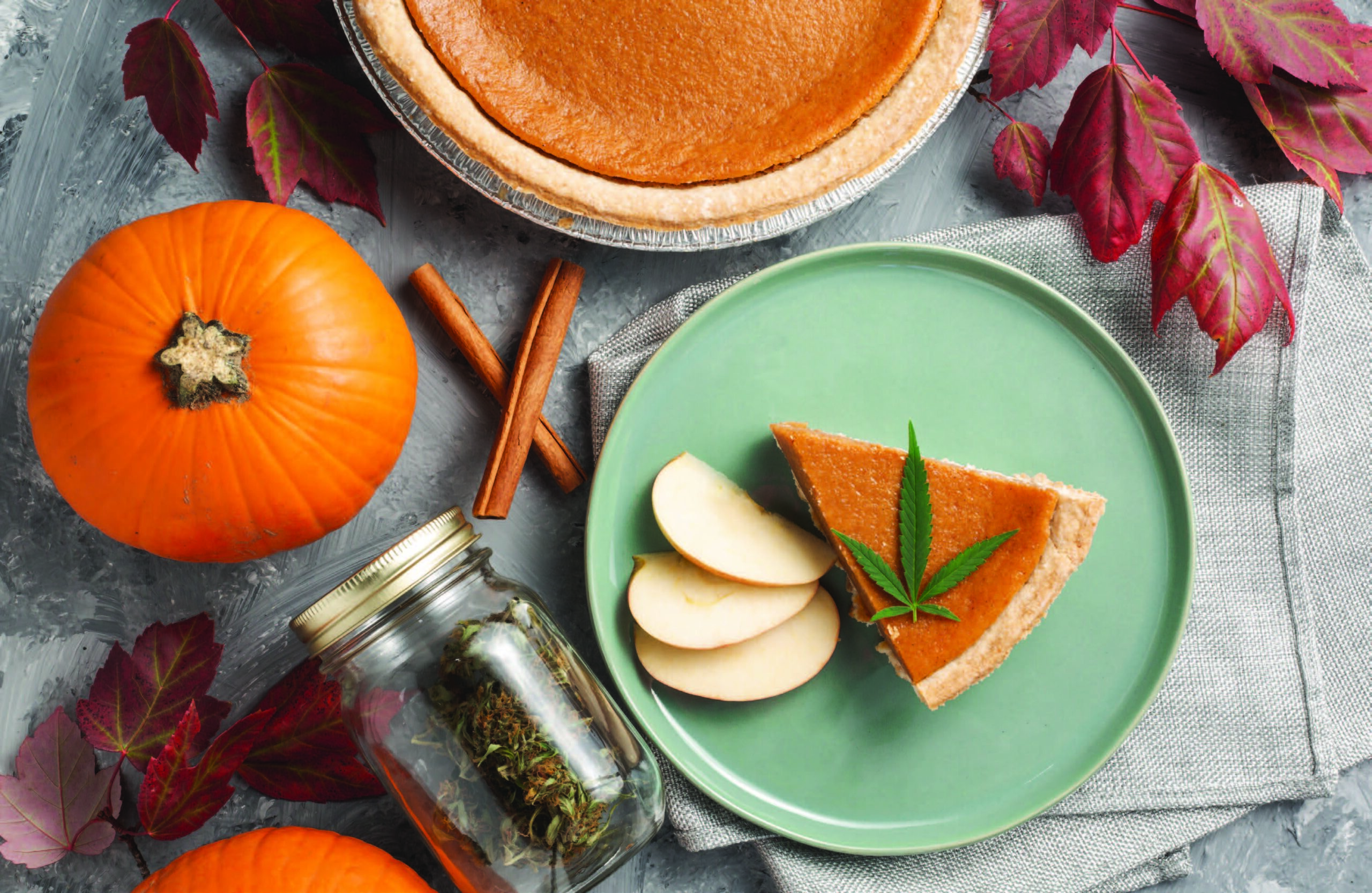For the first time in my memory, the beer world seemingly jumped the gun on all things fall by releasing Oktoberfest beers in August. I checked the date on when Oktoberfest starts, and this year it’s on my birthday (Sept. 16), which made sense that Sam Adams, Sierra Nevada, and other American brewers were releasing their fest beers that early. I’ll be traveling to Atlanta that weekend, so I checked to see what was going on there for Oktoberfest and … nothing – Oktoberfest in Atlanta will be held the following weekend. Oktoberfest in Durango? Not until Oct. 7. So why isn’t Oktoberfest on the same day everywhere? Why does the beer come out in August? Well, that’s because Oktoberfest is a tricky holiday, and most folks in the United states have no idea what Oktoberfest is. So WTF is Oktoberfest? And WTF is Oktoberfest beer? And WTF is a lederhosen?
Oktoberfest is Munich’s annual celebration of the wedding of Ludwig I and Therese of Saxony in 1810. Initially it was celebrated after the first Sunday in October, but was switched to be celebrated in the weeks before, as the days are longer and warmer. October 3 is German Unity Day, a national holiday that celebrates the reunification of Germany after the fall of communism, and Oktoberfest is extended to include this date if the holiday doesn’t fall inside the festival time. So, when Oktoberfest begins on the 16th of September, the festival lasts 18 days (which is the longest the festival can last). The festival celebration highlights traditional Bavarian food, drink, music, attire, and general Bavarian culture.
Traditional foods include sausages (wurst), fried meat (schnitzel), sauerkraut (pickled cabbage). The traditional costume for Bavarian men is the lederhosen: basically embroidered leather shorts with suspenders. For women, it’s dirndl: the cliché German bar maid dress, but is historically the clothing of rural peasants in the Alps. Music is traditional German brass bands, but at night, the beer halls transition to pop or electronic dance music.
Beer drinking at the Oktoberfest in Munich does not begin until the mayor of Munich taps the first keg with a wooden hammer (they actually judge their mayor based on how many swings it takes them to successfully tap the keg). The beer served at Oktoberfest in Munich must be brewed in Munich and must follow the Reinheitsgebot (German purity law limiting beer recipes to include only three ingredients: water, barley, hops). With this restriction, there are only a handful of breweries that pour at Oktoberfest in Munich. The beer served is mostly different lagers, but the beer everyone looks forward to drinking: Oktoberfestbier.
So what is Oktoberfest, the beer? Traditionally it was a heavily-hopped, slightly stronger (5.5-6.5 percent abv), medium- to full-bodied, amber colored lager beer brewed in March, called a Märzen, then allowed to ferment slowly all summer. American festbier sticks to this more traditional style, but brewers in Munich have lowered the abv and lightened the color of their festbier over the years. So even though your Oktoberfest beer in the United States will be a medium- to full-bodied and a nice deep gold to amber color, most beer served at the beer halls in Munich is more like a light lager.
Because of this variety in contemporary styles, many variations can be found on store shelves made by American craft brewers. A perfect go-to for authenticity and innovation is Sierra Nevada’s Oktoberfest. Every year, Sierra Nevada’s take on the style is brewed in collaboration with a German brewer. This year it’s Brauhaus Miltenberger. The 2017 is a light amber color, crystal clear, with a nice bit of white foam that dissipates fairly quickly. It’s light-bodied with aromas of biscuit, toffee, caramel, clean, slightly roasted sugar, and a little bit of esthery lager flavor with a subtle bite of spicy hops to balance the sweetness.
Look for your local breweries to be dropping their own märzens in the coming weeks. Prost!
Robert Alan Wendeborn is a former cellar operator at Ska Brewing and current lead cellar operator at Tin Roof Brewing in Baton Rouge, Louisiana.












